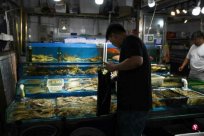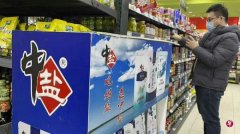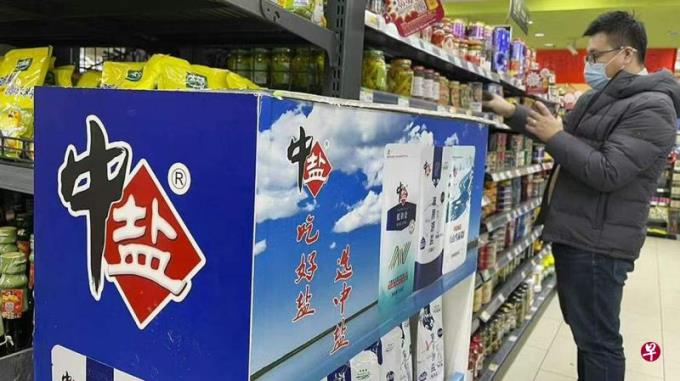
With Japan's Thursday (Auggam August 24) beganThe official discharge of nuclear waste water into the sea, the official chain response from the Chinese official to the people also surged up. Among these reactions, "salt grabbing" has become the most watched topic, occupying a number of hot search.
Many media reports that many low -cost salt on e -commerce platforms such as Meituan and Ding Dong buying vegetables are in replenishment status on Thursday.Ding Dong ’s buying data shows that the sales of salt categories on August 23 and 24 increased their sales of salt categories from last week.From 00:00 on August 24th to 11 am, the number of search times on the keywords "salt" on Jingdong Supermarket increased by 377%month -on -month, and the transaction of edible salt increased by 498%month -on -month.
As Tokyo Electric Power Corporation officially discharged the nuclear waste water from the Fukushima first nuclear power plant into the sea at 1 pm on August 24, the Chinese people also seemed to enter the race against the time of time.
The report quoted a consumer that a low -sodium salt of the Hema APP of the online shopping platform was still available in one minute ago, and it was out of stock.
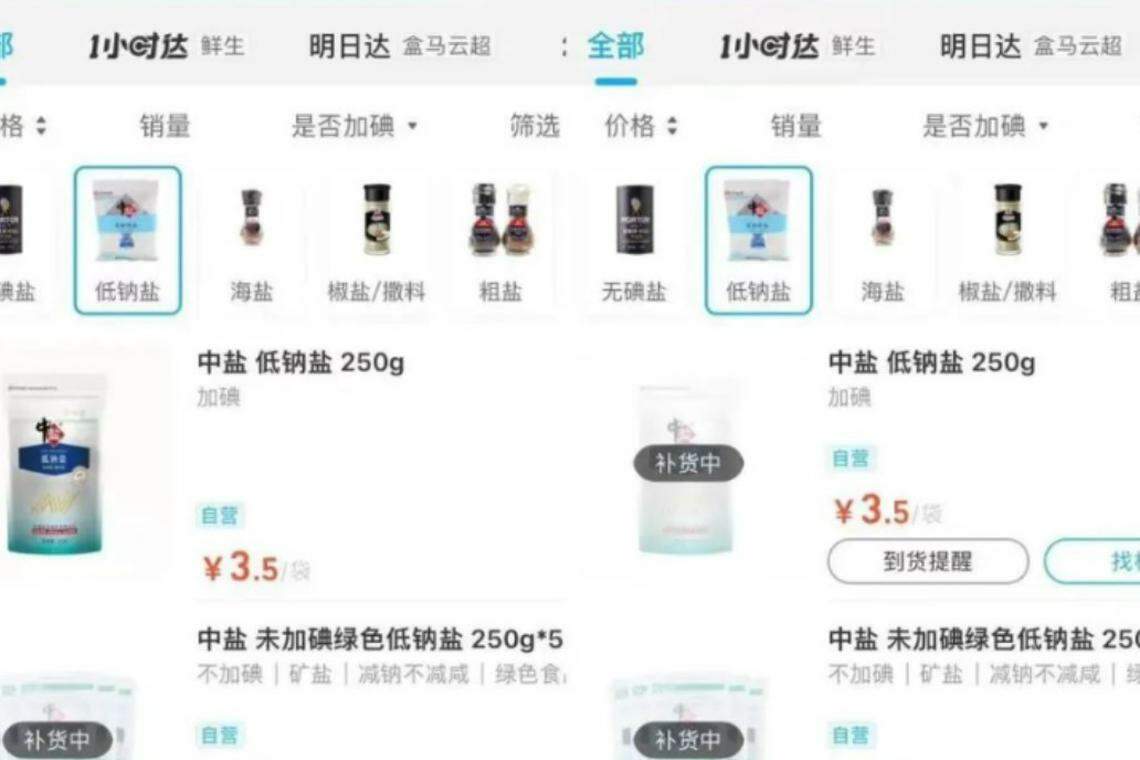
The situation of salt grabbing in supermarkets is even more intense. According to Zhongxin Jingwei reports, the salesperson was robbed and emptied in less than five minutes.In addition to the customer's grabbing, the salesperson was also busy helping the online order to "carry" the salt on the shelves.
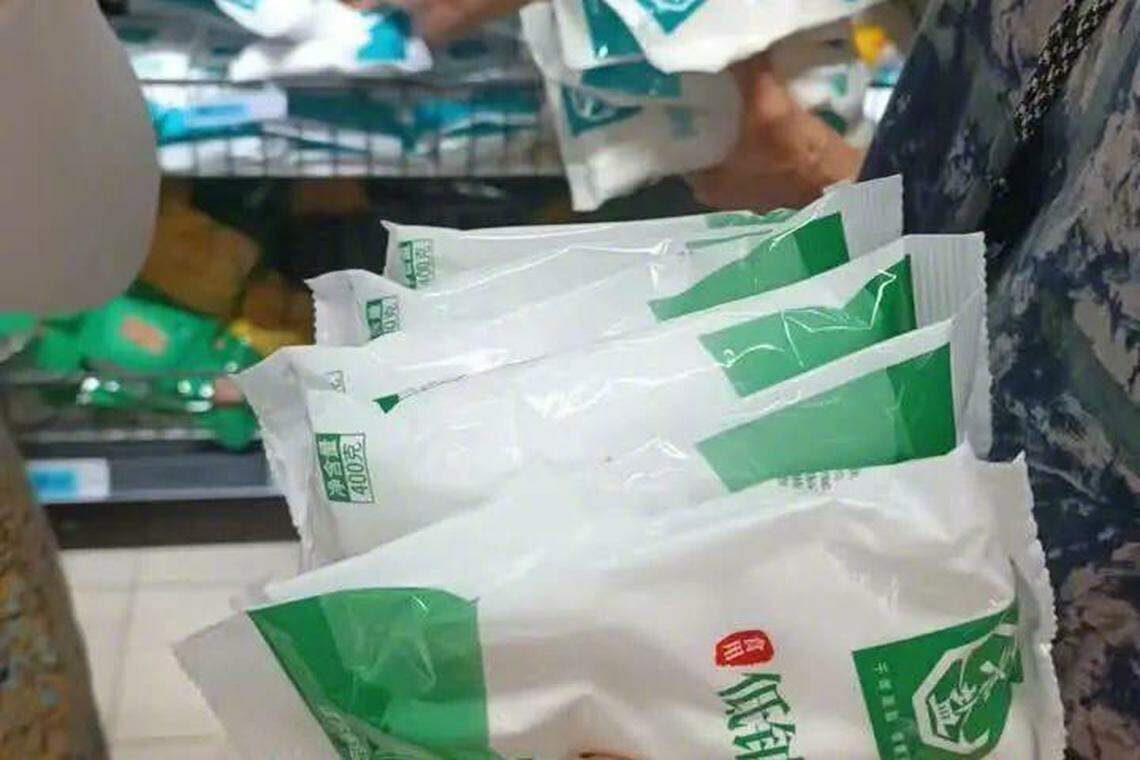
The tide grabbing the salt has also affected the secondary market. The stock price of the stock price of Salt Jingjing, Xue Tianyan and Zhongyan Chemical, and the stock price of the salt company rose, and the stock price of Jiangyan Group wasOn the daily limit, the company released the stock price on Thursday night that the company's current business activities are normal, and no major changes have undergone the external environment.
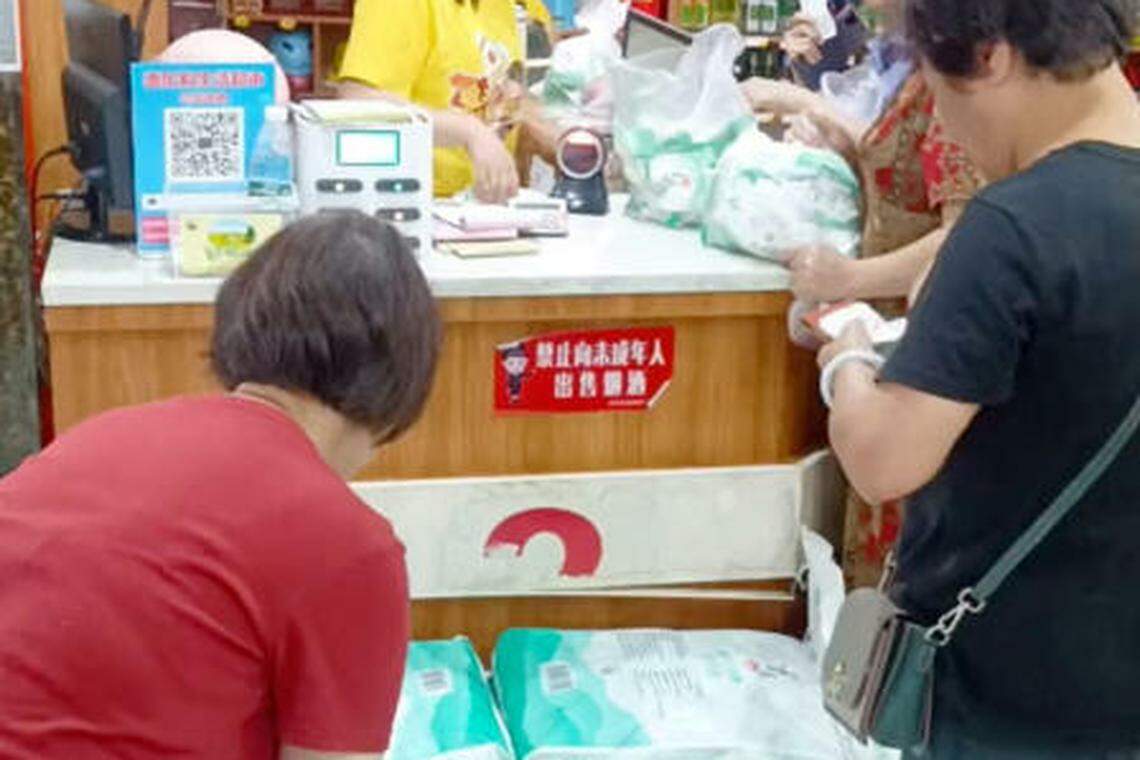
Zhongyan Group calls for not to blindly buy
Faced with salt grabbing the outbreak of the Chinese market, China Salt Group issued a post on the WeChat public account on Thursday evening promised "working overtimeAdd some production and distribution, go all out to ensure market supply ", and call on" rational consumption from all walks of life, don't buy blindly. "
This round of salt grabbing was initiated from another Japan's neighboring country in June. The price of local sea salt is still high. However, unlike the Korean edible salt structure in Korea, China is mainly well -ore salt.
Zhongyan Group pointed out in the WeChat account that the sources of salt in China are mainly divided into three categories, namely, the salt, lake salt, and sea salt, which may be affected by Japanese nuclear wastewater emissions.%.
Wang Xiaoqing, Executive Chairman of the China Salt Industry Association, also said that the production of salt salt in China can meet the needs, and it is not recommended to imitate the practices of salt in Korean people.
Chinese local governments have also joined the army that dispelled salt. The Beijing Municipal Bureau of Commerce was guaranteed to the outside world on Friday (August 25) that Beijing's salt reserves were sufficient, and the market supply was guaranteed. Citizens need not stock up.Salt.
The Fuzhou Commerce Bureau also said that the current sources of salt goods are sufficient, and they call on citizens to purchase rationally on demand, and do not participate in salt coaxing, not hoarding.
The Shenzhen Municipal Bureau of Commerce and Shenzhen Wal -Mart, Tianhong, China Resources Wanjia, Hema and other large commercial super -large supermarkets and fresh e -commerce platforms to understand the supply guarantee of the edible salt market, and remind citizens to buy them rationally on demand.Essence
What do you grab? In addition to grabbing salt?
In addition to snatching salt, other products related to the sea have also become Chinese hot -selling products, including deep -sea fish oil, seaweed DHA, kelp, various frozen seafood products, etc.
In addition, the "nuclear radiation detector" entry also appears on the e -commerce platform hot search list.According to Jiupai News, the nuclear radiation detector has recently become a sought -after. Hot search data shows that the product "growth rate this week" is 232%.
The report also said that on a certain e -commerce sales platform, a nuclear radiation detector sold tens of thousands of this month.Another more expensive nuclear radiation detector has sold more than 1,000 units since January this year, and the sales volume will reach 240 units on the 24th of this month.
The concerns about the risk of nuclear radiation have spread from food to cosmetics, and multiple Japanese makeup brands, including Shimura Show, have recently been returned in China.
In addition to starting from the source, the Chinese people have not forgotten that before the influence of nuclear waste water, it is peace of mind.
According to netizens, a Japanese -breaking shop in Yangpu District, Shanghai had to wait for one hour on Thursday that night.Customers who are equal said, "Seeing today's discharge of sewage is specially eaten, because I think the seafood is still safe now."
"Many Japanese Japanese restaurants have a hot business tonight" have also become hot search entries.
Safety disputes of nuclear wastewater discharge
The issue of nuclear wastewater in Japan originated from the nine -level earthquake that occurred on March 11, 2011.The super tsunami caused by the earthquake caused the seawater to directly enter the Fukushima nuclear power plant reactor built on the coast, causing the nuclear power plant to have the worst nuclear accident in history after the 1986 Chelnobelli nuclear accident.
This accident left to the Japanese government's most tricky question, that is, how to deal with the accumulated nuclear waste water.Japan's processing plan has been discussed since 2016. Until April 2021, the Japanese government chose to pate the sea in five ways.
On July 4 this year, Groisi, the director of the International Atomic Energy Agency (IAEA), met with the Japanese Prime Minister Kishida Kishida, and announced the final safety review report of the Fugshi nuclear power plant emission radiation treatment water.
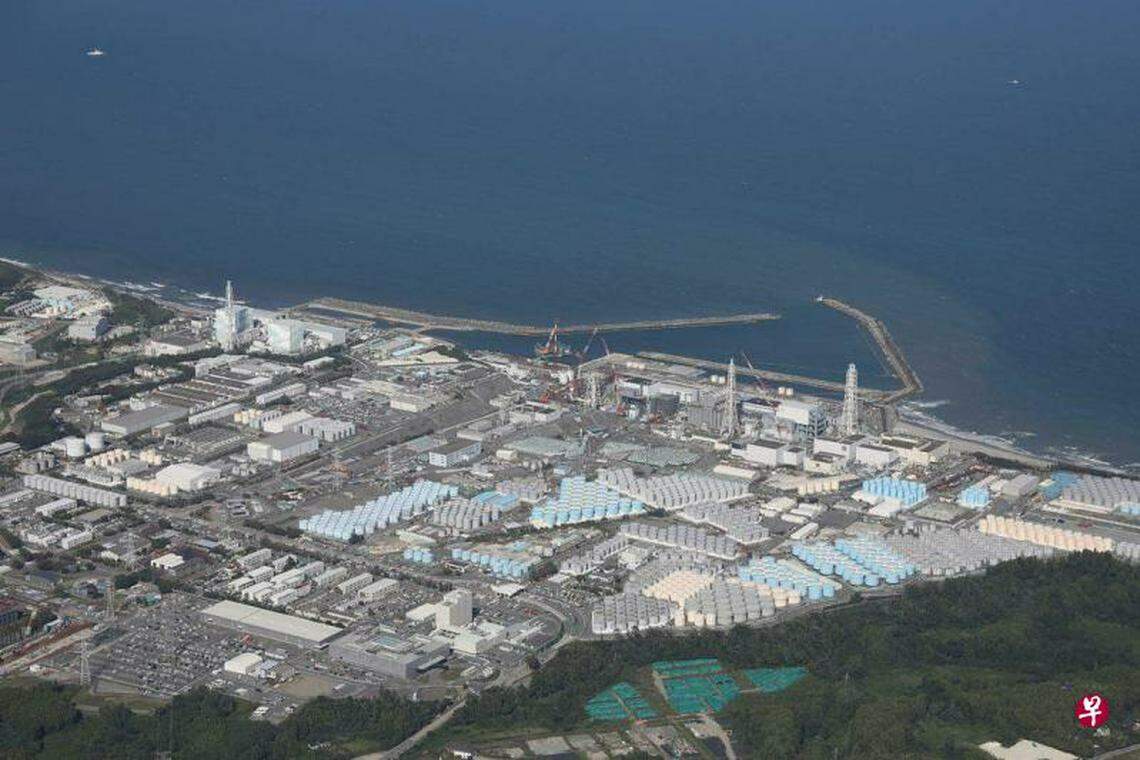
Gronci said that the nuclear waste water processed in Japan is safe, which is safe for Japan's rowing sea decision.Japan's rowing decision has also received the consent of most coastal countries such as the United States, Australia, and Pacific Island countries.
But Gross also emphasized that the nuclear waste water processed by emissions is the decision of the Japanese government. This report is neither recommended nor a standard for approval policies.Groosmo's amblightened wording laid the foreshadowing for the controversy of nuclear waste water and the fierce confrontation between China and Japan.
IAEA report listed 11 independent experts participating in the evaluation, one of which was Liu Linlin, a researcher from the Chinese Institute of Atomic Energy Science.
The Chinese official media ring Times quoted Liu Linlin the next day, Liu Linlin pointed out that experts "both have different consensus and disagreements and do not completely form a consistent opinion" during the assessment of the report.sex.
China subsequently decided to start the continuous bombing mode against Japan's Haijie, from painIt was "extremely irresponsible" to the full suspension of imported Japanese aquatic products.
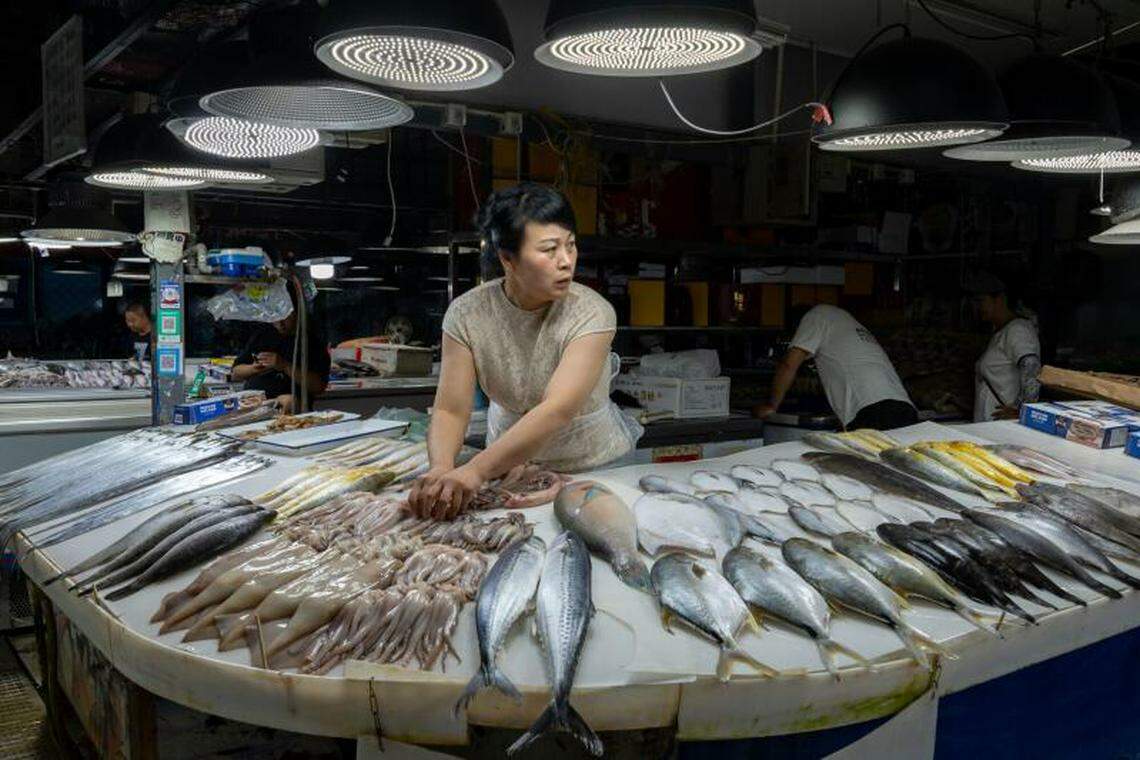
However, China is not the only party to question the results of the IAEA evaluation.Professor Richmond, director of Kewalo Marine Laboratory (UNIVERSITY of Hawaii), and Dr. Edwin Lyman, Dr. Edwen Leman, director of the United States Worked Scientist Alliance Nuclear Energy Security Program (BBC) programI put forward my own concerns.
Judging from a simulation results released by the Tsinghua University team, the United States seems to have more reason to worry.The simulation results show that in the early days of nuclear waste water discharge, it mainly affected the Asian coastal countries, but in the later period, it is necessary to pay more attention to the coastal area of North America, and the pollutant concentration in the coast of North America will continue to be higher than most of the waters along the East Asian coast.
Hu Xijin, the former editor -in -chief of the Global Times, also believes that there is the first island chain outside China that will play a certain blocking role in the infiltration of Japanese nuclear wastewater.Some.
Science still stands?
China is not the first time in China to raise salt and other stocks. Some netizens said: "Is the salt grabbed in the new crown period?"
It is true that Chinese officials oppose Japan.The attitude of nuclear waste water is resolute, but it lacks scientific and systematic discussions, and the Chinese people have been in information opaque and asymmetric for a long time. When encountering emergencies and controversial issues, it is easier to lose rational and chaos.
The official and the media have called on the public to be rational, but the premise of realizing rational thinking is that there is enough source of information.
On Friday morning, an article entitled "Science or Position", which mentioned the content and information of nuclear wastewater that Chinese officials and the media have never mentioned.Cognitive articles were quickly deleted.
Grab salt and seafood, it sounds absurd, but if people lack information, it is difficult to make rational judgments, and maybe it is the life -saving straw that they defend their inner security with actual actions.
